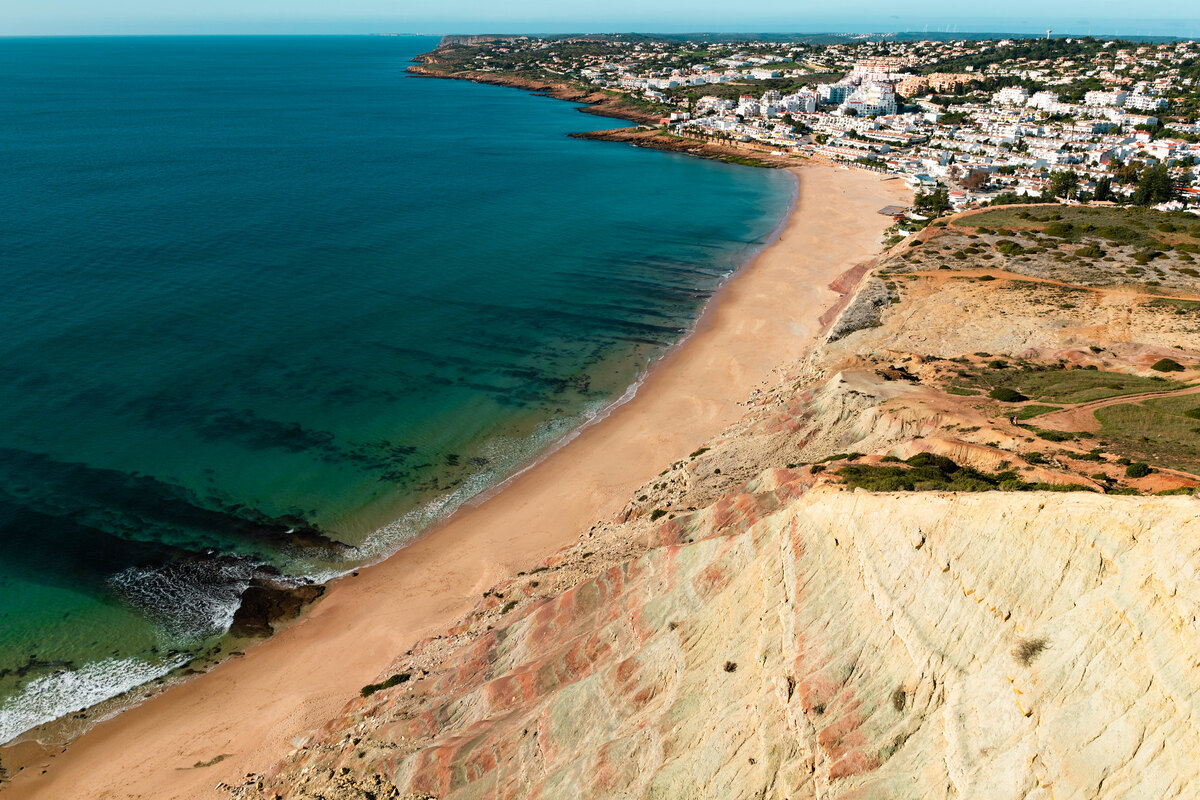Skift Take
The new proposals yet to be finalized may achieve the opposite effect, reducing short-term rental inventory in the long run while pushing rental prices up. The government should be cautious given tourism's significant 17 percent contribution to the economy.
Portugal’s move to end its “Golden Visa” program and curtail new short-term rental licenses will not impact the vacation rental market in the country — not in the short-term anyway.
As a measure to tackle the housing crisis and rising inflation in the country, Portuguese Prime Minister Antonio Costa has proposed to end the Golden visa program, which offers residence to non-European Union nationals for investments made in the economy. Costa also proposed a ban on issuing new licenses for Airbnbs and other short-term holiday rentals.
Real estate investments account for over 92 percent of all Golden Visa applications. In the 11 years of the program's existence, foreign investors have poured over €6 billion ($6.5 billion) into income-generating properties in Portugal. While it’s unlikely to have an impact on the inventory numbers for short-term rental properties, it’s likely that the prices will rise.
But some industry professionals think it’s too early to make any pessimistic predictions, as the proposal is still up for public debate until March 16.
“The government made dramatic announcements, but we don’t know the details yet,” said Fili
